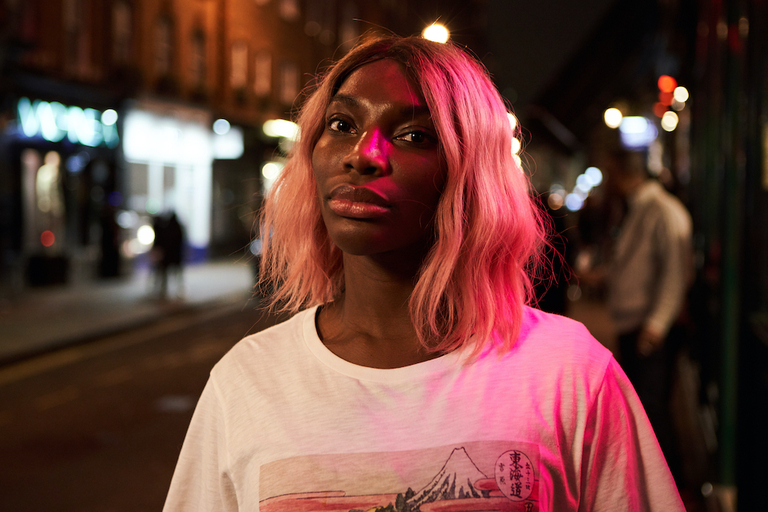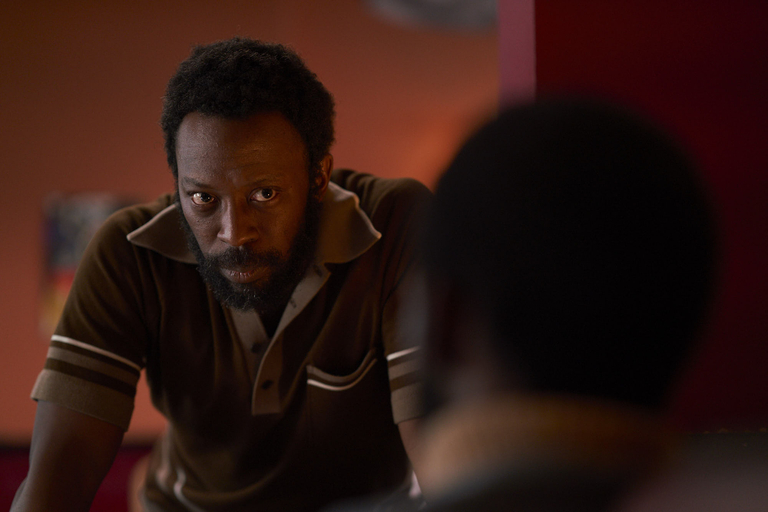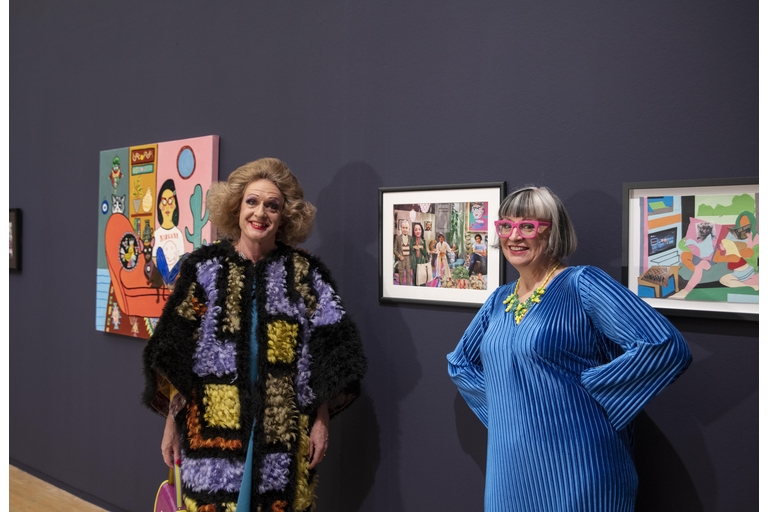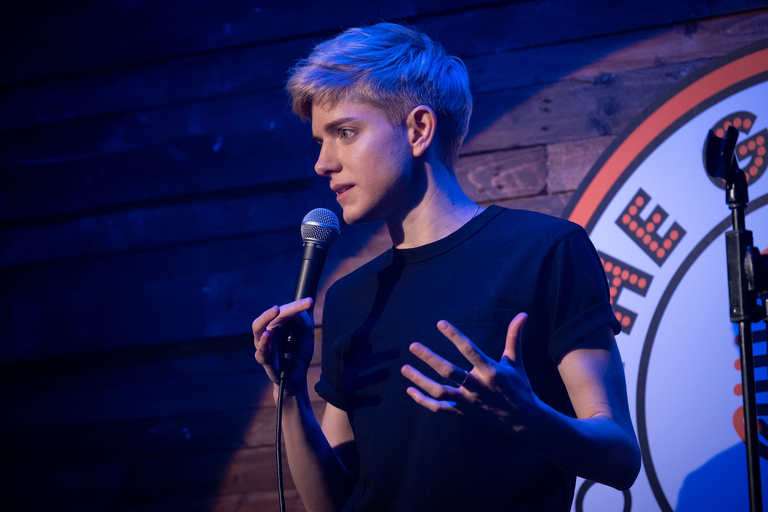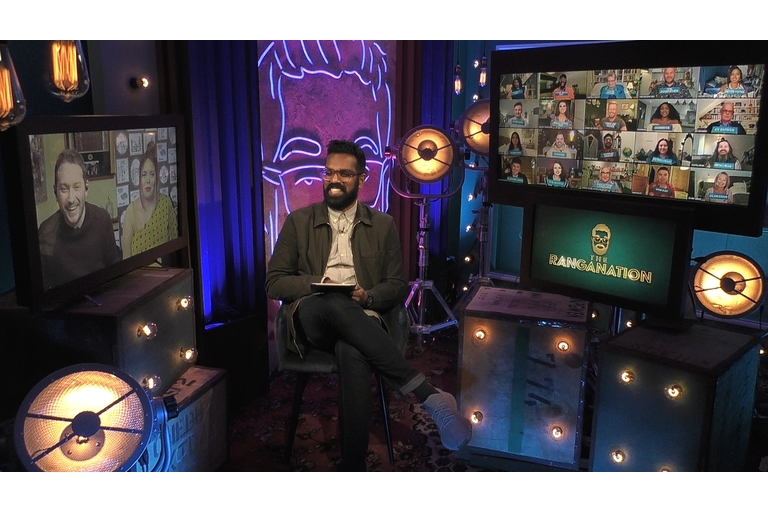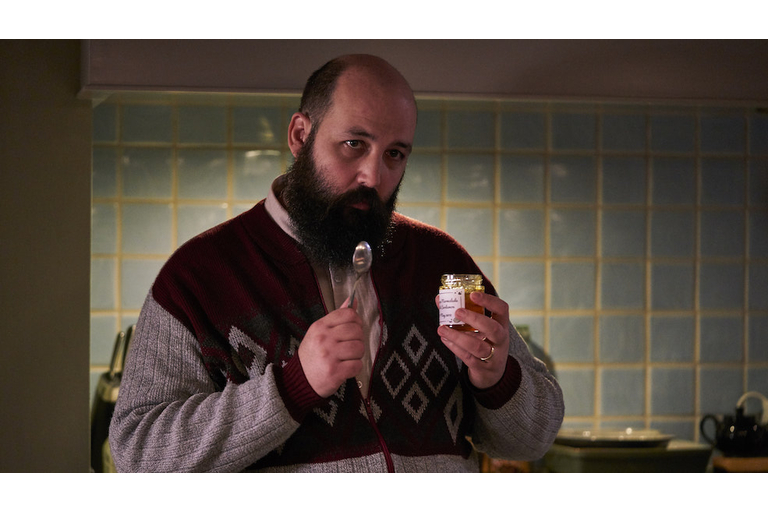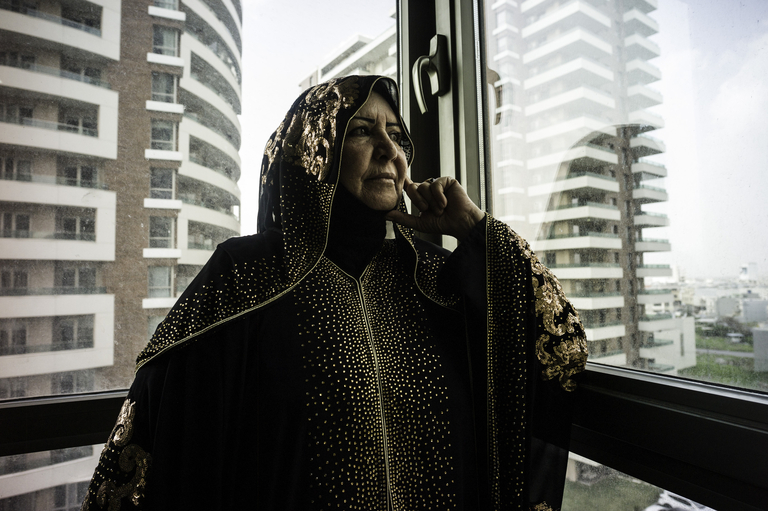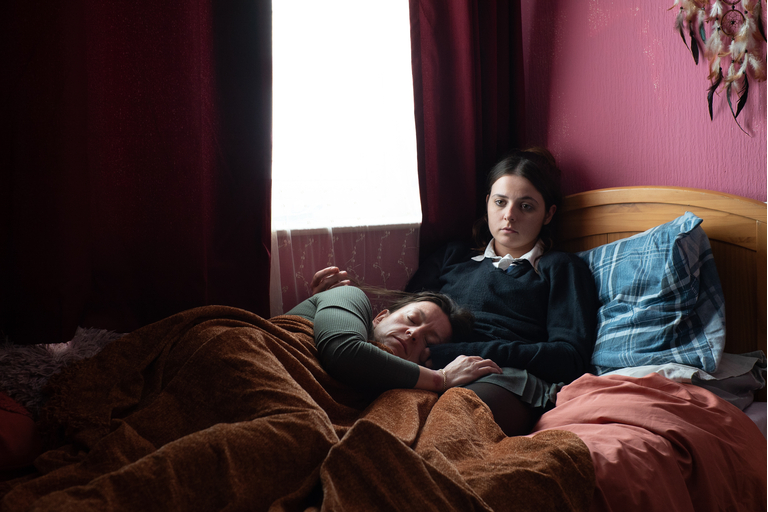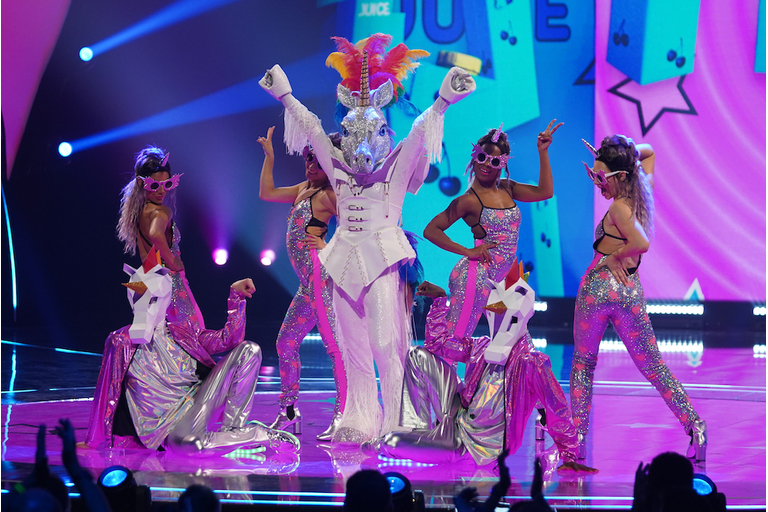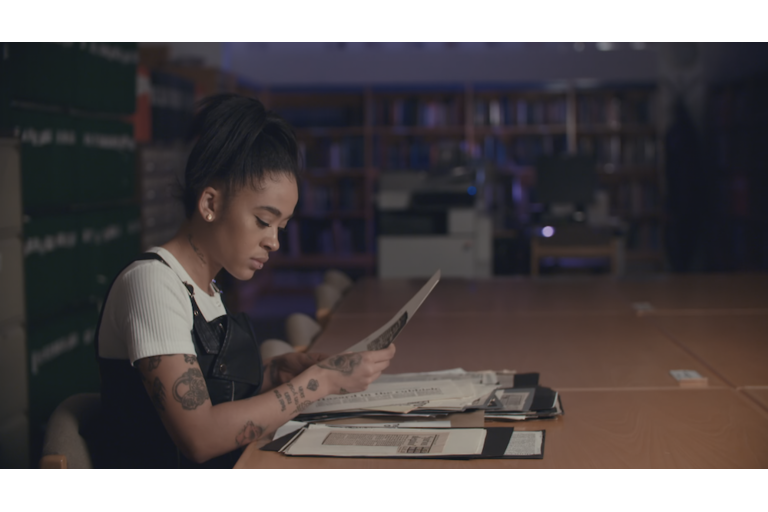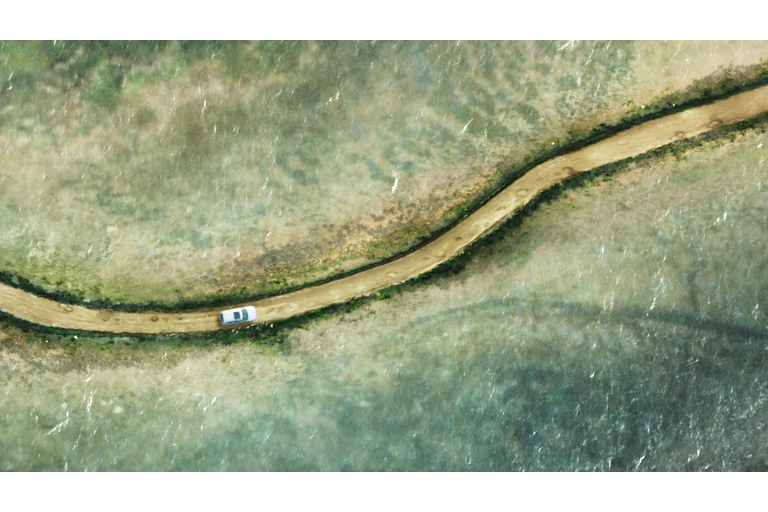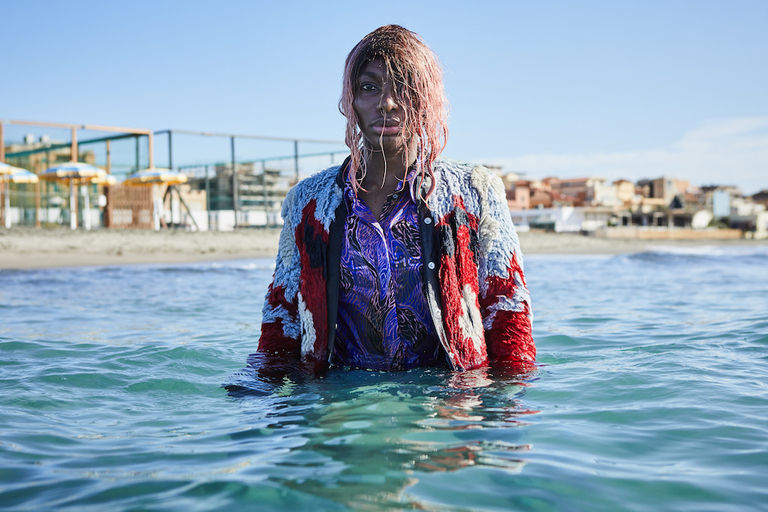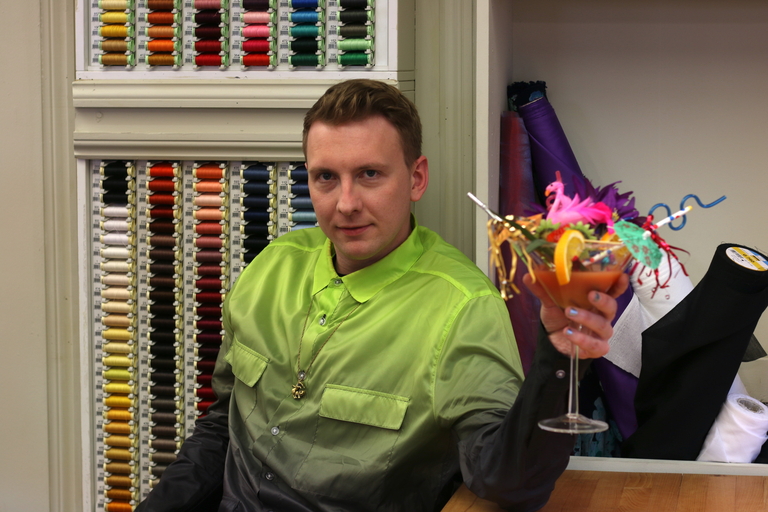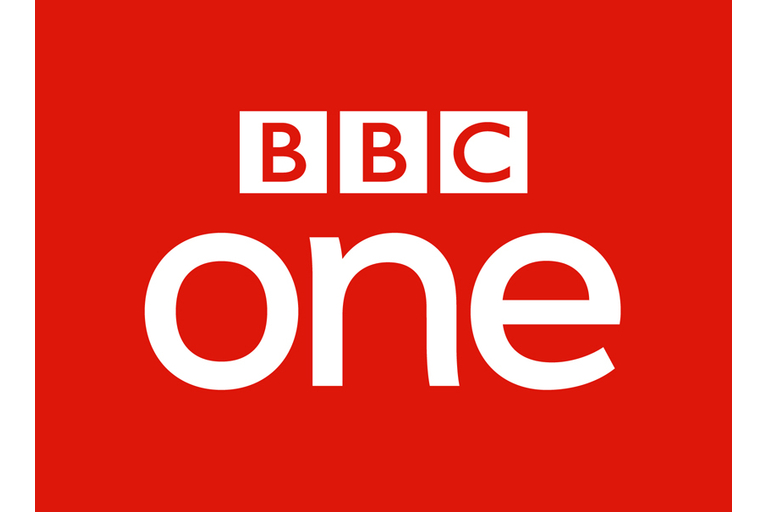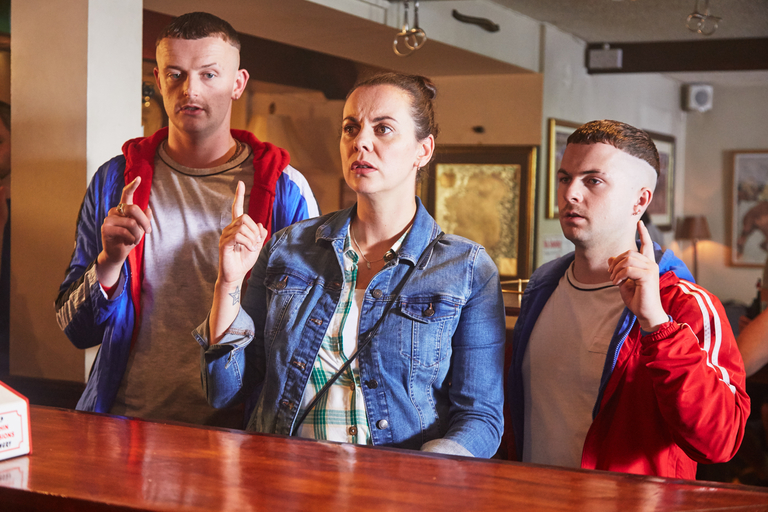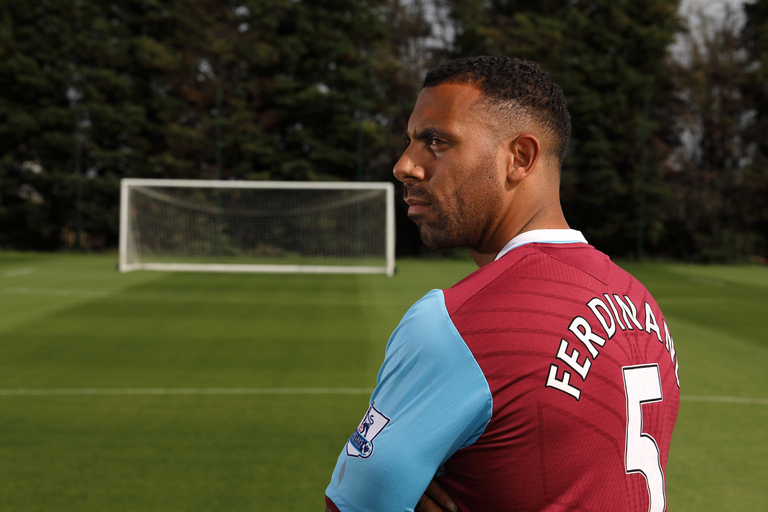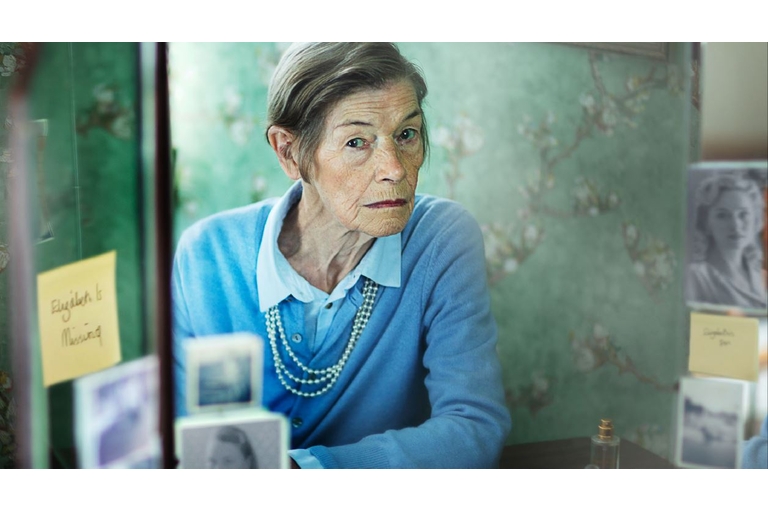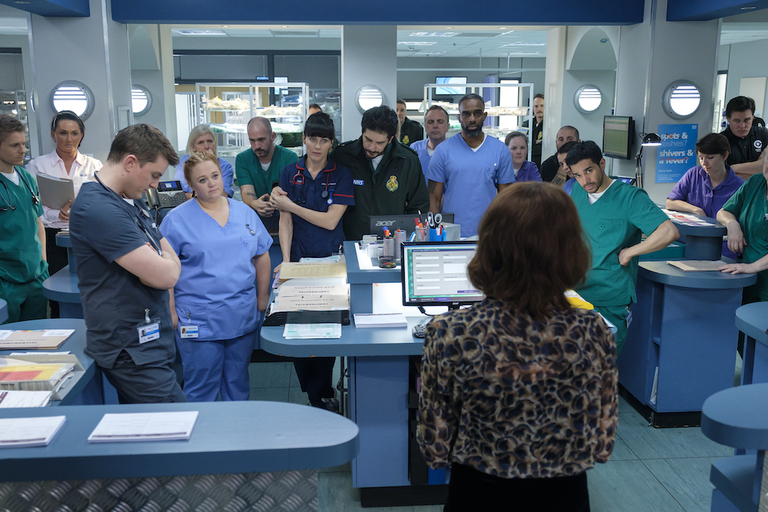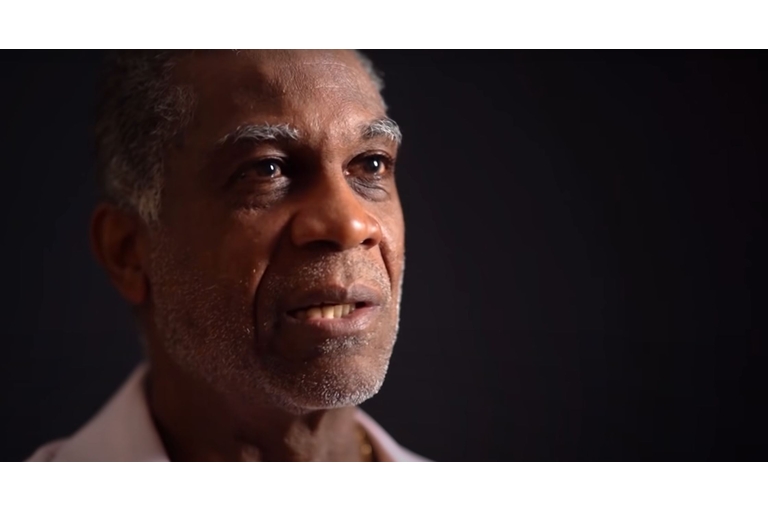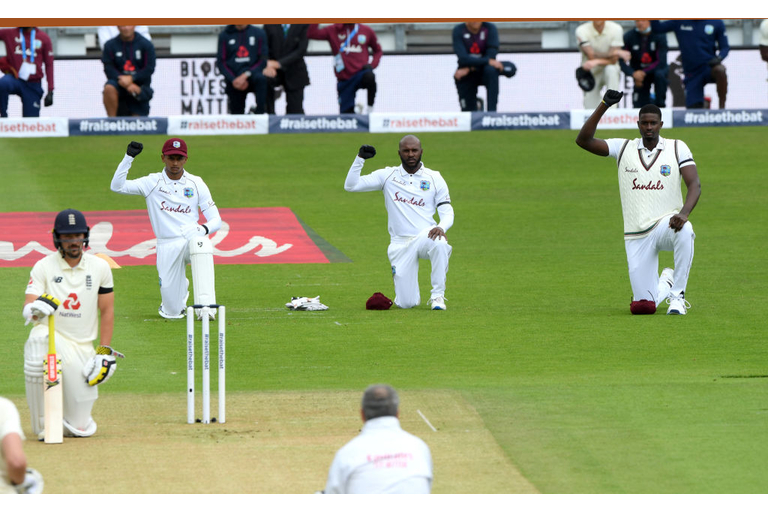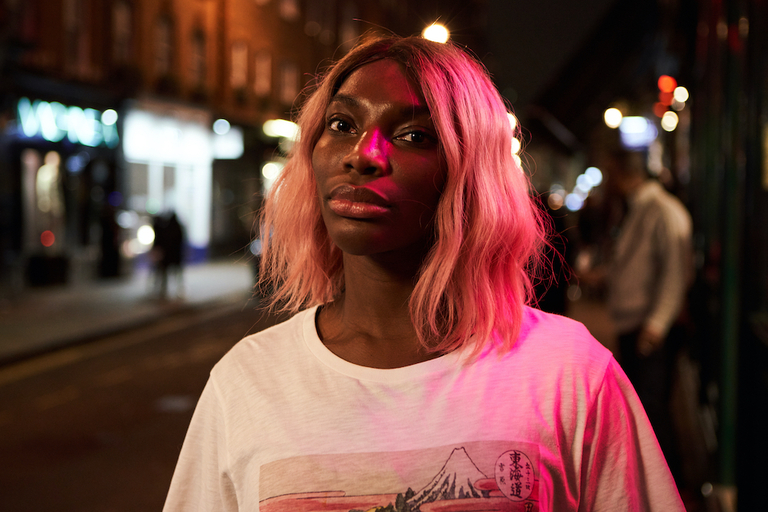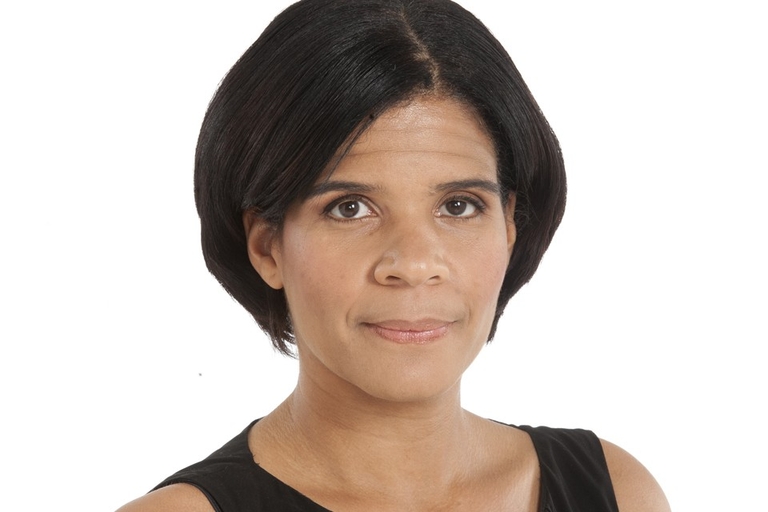RTS Programme Awards 2021

The winners of the RTS Programme Awards 2021, in partnership with Audio Network, have been announced.
Hosted by renowned British television and radio presenter Jonathan Ross, the prestigious awards were presented, and the winners and nominees celebrated.
See the Programme for the awards here.
Watch the ceremony below:
This year, the awards will include the new Comedy Entertainment category, alongside the existing Entertainment category.
The RTS Programme Awards are one of the gold standard awards for our industry and an important showcase of the extraordinary talent evident across the UK’s television industry.
About the sponsor

Audio Network provides original music of the highest quality for broadcasters, brands, creators and music fans everywhere, alongside simple and transparent licensing that allows creators to use music on multiple platforms, everywhere, forever.
Founded in 2001, by music entrepreneurs Andrew Sunnucks and Robert Hurst, we are an inclusive, global music company, with some of the entertainment industry’s most talented individuals on our team and working alongside us as partners. Working with a catalogue of more than 1000+ artists, composers and producers, and 200,000+ wholly owned tracks, our growing team of more than 170 music professionals, across 15 locations globally, is dedicated to bringing you incredible music.
Winners
Actor - Female: Michaela Coel
Actor - Male: Shaun Parkes
Arts: Grayson's Art Club
Breakthrough Award: Mae Martin
Children's Programme: IRL with Team Charlene
Comedy Entertainment: The Ranganation
Comedy Performance - Female: Gbemisola Ikumelo
Comedy Performance - Male: Youssef Kerkour
Daytime Programme: Loose Women
Documentary Series: Once Upon a Time in Iraq
Drama Series: In My Skin
Entertainment: The Masked Singer
Entertainment Performance: Big Narstie & Mo Gilligan
Formatted Popular Factual: Joe Lycett’s Got Your Back
History: Damilola: The Boy Next Door
Live Event: The Third Day: Autumn
Mini-Series: I May Destroy You
Presenter: Joe Lycett
RTS Channel of the Year: BBC One
Science & Natural History: The Surgeon's Cut
Scripted Comedy: The Young Offenders
Single Documentary: Anton Ferdinand: Football, Racism & Me
Single Drama: Elizabeth is Missing
Soap and Continuing Drama: Casualty
Sports Presenter, Commentator or Pundit: Michael Holding
Sports Programme: England v West Indies First Test - Black Lives Matter
Writer - Comedy: Mae Martin and Joe Hampson
Writing - Drama: Michaela Coel
Judges' Award: Anne Mensah
The judges said: “The recipient of this prestigious honour is a senior commissioner who has already experienced outstanding success at both the BBC and Sky, and has now brought her own distinctive style, taste and judgement to new drama programming at Netflix.
Anne Mensah began her commissioning career at the BBC where she developed and commissioned an impressive array of drama hits across the portfolio of channels – shows like Wallander starring Kenneth Branagh, Single Father starring David Tennant, and the highly popular Waterloo Road. She became Head of Drama at Sky in 2011, and soon turned Sky into a powerhouse of high-quality British-produced drama. Critically acclaimed shows like Fortitude, Patrick Melrose, Save Me and Chernobyl showed the world that Sky had become a major player in big drama, and Anne Mensah was the rising star to watch.
In 2018 she announced that she was joining Netflix, and within the first year her impact was felt immediately. As the Vice President for UK Original Series, Anne’s slate includes established hits like The Crown, Sex Education and After Life – but in a short time she’s built a UK-based drama commissioning team with the aim of capturing authentic British voices in high production value British-produced shows. In December, when the industry was grounded at the lowest point of the pandemic, Netflix announced seven major new original scripted series commissioned by Anne and her team – a truly significant boost to British drama production. With close to one hundred Netflix productions filmed in Britain over the last two years, the UK is now the second biggest producing territory for the streamer after the US.
Alongside Anne’s uncanny ability to sniff out a hit, is her unwavering commitment to reflecting society’s diversity on the screen. And her commitment is real - she actively champions diverse production talent to bring new stories and voices to television…now giving them a global platform to showcase their work to the world. Speak to anyone who’s been commissioned by Anne, and they’ll also testify to how excellent she is to work with – collaborative, thoughtful, and in possession of that quality sometimes rare in commissioners…humility.”

Outstanding Achievement Award: Russell T Davies OBE
The judges said: “This is presented to a screenwriter whose work over the last twenty years has taken television drama to places it’s never been before, explored themes never explored before, and – more than anything - told stories never allowed before. That writer is Russell T Davies.
Russell is one of the greatest dramatists of his generation, a writer who – as he put it himself – writes about “the big stuff…the stuff that makes you laugh, the stuff that makes you cry”. And perhaps it’s the epic nature of what happens to the characters in his shows that’s made his work so loved by critics and audiences alike…most recently, of course, with the sublime It’s A Sin on Channel 4.
Russell grew up in Swansea in a house full of books, but it was what came out of the television in the corner of the living room that intrigued him most. As a young teenager, he devoured a wonderful mix of Seventies television dramas – Play for Today, I Claudius, Rock Follies, the works of Dennis Potter. Oh, and one more show, every Saturday teatime on BBC One…but more of that later.
His passions propelled him to the West Glamorgan Youth Theatre, where he fell in love with the craft of communicating stories to an audience. Youth Theatre took over his life, and it was here that he first began writing short plays of his own. After university he knew that theatre – or even better, television – was what he wanted to pursue. The BBC turned him down three times for their graduate traineeship, but by chance he managed to land a job on the children’s show Why Don’t You? produced by BBC Wales. He was on the right path…and from that moment on, he never looked back.
His early work in children’s television included a turn as a storyteller on Play School and writing jokes for the Chuckle Brothers; I’d love to know which jokes – maybe he’ll tell us one later? He directed, wrote and produced all kinds of children’s television at the BBC. In the early Nineties Russell moved to Granada Television as a writer on Children’s Ward. He became producer of the show and wrote an episode about a teenage boy with HIV, contracted through a blood transfusion. A later episode, also written by Russell, centred around the grooming of children by paedophiles in online chat rooms. This was on Children’s ITV, at four thirty in the afternoon in 1994. It won him his first Children’s BAFTA. It was – and still is – brave, ground breaking television…early period Russell T Davies, and a taste of things to come.
Living in Manchester during the Nineties led Russell to his breakthrough work, Queer As Folk, in 1999. He was writing mainstream shows for Granada by day - and by night immersing himself in the city’s exploding gay culture. At its epi-centre was Canal Street…on Canal Street the lights were bright, the music was great, and the bars were full of vivid characters - each with a story of how their lives had brought them to that place. Why was no one putting these characters on television, or telling their stories, he wondered?
Russell realised that if anyone was to do so, it should be him.
Queer as Folk put a hidden truth on television: young British men leading gay lives, lives that were raucous and messy, difficult and loud, loving and glorious. Quite incredibly, we’d never seen this on television before in the three decades since homosexuality had been de-criminalised. For a dramatist, it was unexplored, rich, open territory. Territory Russell made his own.
Working alongside his long time producing partner Nicola Shindler, Russell followed Queer as Folk with Bob and Rose in 2001 – the story of a gay man who marries a straight woman and has a child with her. The following year brought an exploration of themes around faith in The Second Coming starring Christopher Eccleston, a work described by Russell’s contemporary Paul Abbott as “a television masterpiece”.
In 2004 Russell wrote Casanova, a revisiting of the notorious lover’s memoirs starring David Tennant…and its debut on BBC Three broke the channel record for first run drama. And it was at this time that Russell realised an ambition that he’d harboured for years, all based on an obsession that went right the way back to that childhood living room in Swansea: he got the chance to reinvent Doctor Who. He’d been handed the keys to the televisual sweet shop.
For five years from 2005, the colossal machine that Doctor Who became more or less took over Russell’s life… As showrunner and chief writer he re-imagined it for a new century and a sophisticated new audience, building epic stories around big, technicolour characters - adding special effects and production values that set new standards for fantasy drama. He allowed his imagination to run riot. But more than anything, he brought warmth and heart to Doctor Who, refashioning the show as a drama for the whole family to watch on Saturday teatime – and even in primetime on Christmas Day. With spin off shows like Torchwood and The Sarah Jane Adventures running alongside it, Doctor Who became a global hit that continues to enthrall audiences to this day.
Russell returned to writing about gay themes in his next major work - Cucumber, for Channel 4, and then in 2016 he adapted and produced what he called “the gayest ever Midsummer Night’s Dream” for BBC One. Two years later came the multi-award winning A Very English Scandal, which explored the passions, secrets and betrayals in the relationship between Liberal Party leader Jeremy Thorpe and Norman Scott through the Sixties and Seventies.
The potential consequences of the rising tide of populism in Britain were examined in Years and Years in 2019. Russell time-travelled the Lyons family of Manchester fifteen years into the future, landing them in an era of mind-bending new technology against a backdrop of political and economic turmoil. And then in 2021 came It’s A Sin, Russell’s empathetic rewind to the arrival of AIDS in the Eighties…a timely story about how a mysterious new virus unleashed great waves of fear, denial and death. For a younger generation of gay viewers in particular, it was a genuine eye-opener – did this really happen like this? An older generation remembered…”yes, I’m afraid it did.”
It’s A Sin, in some ways, is the ultimate Russell T Davies drama – a story of characters looking for their truth, and dealing with the consequences. As Lucy Mangan in The Guardian wrote, “He creates real, flawed, entirely credible bundles of humanity and makes it clear, without even momentary preachiness, how much they have to lose.”
That’s what Russell does. He unflinchingly writes about the truth of real life, gives his characters wit and authenticity and his shows undeniable integrity, then defends them to the hilt. As he once said, “If it’s true, then it’s true. And you can never back down from that."

Special Award: Pact
The judges said: “Now as we all know, this year has been a profoundly challenging one for our industry. But right from the earliest signs of the pandemic, one organisation swung into action. PACT is the body that represents Britain’s independent production sector – and in those first days of lockdown, it took a new mission: to somehow find a way for television to be produced safely again, when everything seemed to make that feel impossible. The very survival of the whole independent production sector hung in the balance.
Quickly, PACT helped on two fronts. To producers, they offered regular briefings designed to share safety information between companies. Straight away the focus was on finding a way back to safe programme-making.
On the second front, PACT was on political manoeuvres. A senior team led the industry’s working group on production insurance, and lobbied the Government to create the Film and Television Production Restart Scheme. In July, the Government announced half a billion pounds of immediate funding - which meant that the industry could turn the lights back on. It was a real win for Britain’s television production industry - due in large part to the successful lobbying by PACT.
Taken together, these measures ensured production was able to resume in the summer. A full scale catastrophe for our industry had been avoided. In recognition of this, the RTS is presenting a Special Award to mark the work of John McVay, Sara Geater, Max Rumney, Hakan Kousetta and their team for the exceptional work this year.”


